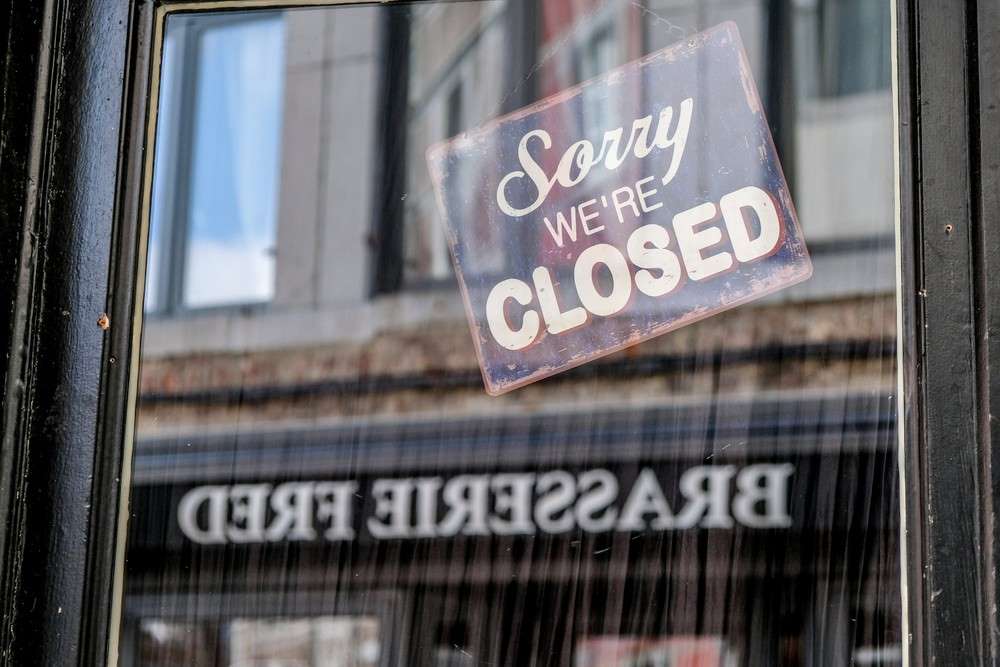Belgium cannot afford a "Brexit crisis" as it faces the coronavirus crisis and its economic consequences, the Federation of Enterprises in Belgium (FEB) warned Tuesday.
The employers' organisation hopes that negotiations for a trade agreement between the United Kingdom and the European Union will be concluded in the coming days to allow sufficient time for the formal adoption of the texts.
Talks have in fact resumed in Brussels in what appears to be the last possible stretch towards an agreement, with both parties reiterating that they are working towards a deal.
The absence of a trade agreement, which should protect the country from further economic damage and job losses, would have serious consequences, the FEB stressed.
"Free, fair and regulated international trade remains crucial to our prosperity, even with Covid-19," it added.
Related News
- Brexit negotiations between EU and UK continue in Brussels
- Brexit: UK will not change its position, says David Frost
While many Belgian companies are suffering from legal uncertainty because of the imminent Brexit, the federation said it is counting on the broadest and deepest possible agreement that will ensure the proper functioning of the European internal market and fair competition.
The United Kingdom is Belgium's fourth largest trading partner, the FEB pointed out. "For our export economy, it is vital that trade between the UK and Belgium remains as smooth as possible after the New Year.”
The FEB also uses the example of the CETA, the trade agreement between the European Union and Canada, to highlight the benefits of such agreements. "Belgian exports have increased and our trade balance has turned positive," the federation wrote.
"The AETA has not only made trade between Belgium/EU and Canada cheaper (thanks to tariff cuts) and simpler (thanks to simplified customs procedures). It has also made it easier for new Belgian and European players to offer their goods and services in Canada,” FEB said.
While the UK left the EU at the end of January, it is currently in a transition period in which it remains part of the EU’s internal market and customs union. If there is no agreement ratified on time, trade between London and Brussels will be based on WTO rules from the beginning of January, with customs controls and taxes.
Jason Spinks
The Brussels Times

